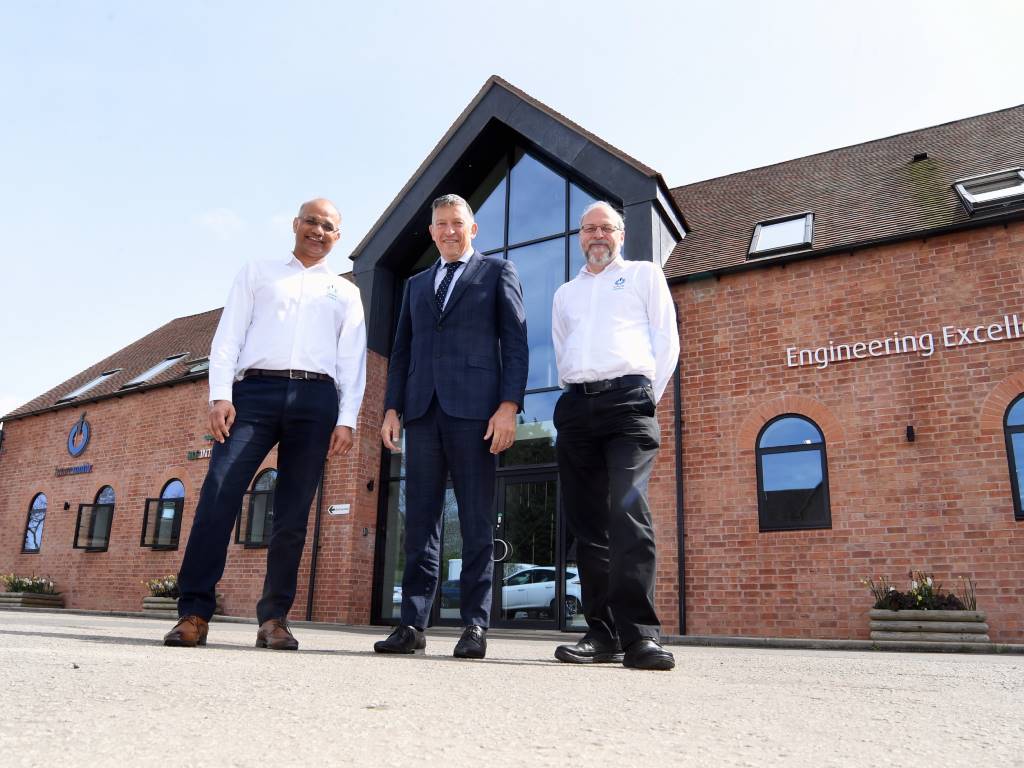Report calls for more engineers in healthcare

The National Health Service faces a huge influx of new technology and a rise in patient numbers in coming years, but to deliver safe and affordable care there will need to be more engineers coming into the healthcare sector, according to a new report from the Institution of Mechanical Engineers (IMechE).
Engineers with both clinical and technical skills are needed to ensure that where medical technology and services are being used, they are right for the situation, whether the patient is being treated at home or in hospital.
In the report “Healthcare Solutions: Elevating the Engineering Workforce”, the Institution calls for healthcare engineers to have increased authority and decision-making powers to encourage recruitment and ensure new technology is designed and adopted in the safest, most effective way.
“If we are to learn from global crises such as the COVID pandemic, it is that 21st century medicine can only be delivered with significant amounts of technology and, that care at home is just as critical as care in hospitals,” said Dr Helen Meese, lead author of the report and vice chair of the Institution’s Biomedical Engineering Division.
Despite the World Health Organisation calling upon all countries to recognise engineers working in healthcare settings as an essential professional role for the future of clinical and social care, there continues to be disparity between healthcare engineers and clinicians.
The NHS has a workforce of around 1.5 million people, but the number of clinical engineers is relatively small compared to this, around 3,000 professionals.
“Unlike clinicians there is little uniform recognition of engineers’ contribution, particularly in the hospital environment,” added Dr Meese. “These engineers often operate at varying levels of authority and have limited input into critical decision-making.”
In a parallel report, “Healthcare Solutions: Improving Technology Adoption”, the Institution calls for the Government and healthcare providers to develop national ‘complete life-cycle’ strategies for technology adoption within the NHS. It recommends strategic planning of technology to be used for remote patient monitoring and in GP practices.
The Institution recommends that two new healthcare engineering roles be created to ensure technology is selected and used to the benefit of all patients:
Firstly, it believes every hospital should have a Chief Healthcare Engineer, a position of professional parity with roles such as the Head of Surgery, Chief Nurse or Chief Pharmacist. These engineers would have consistent qualifications, levels of authority, decision-making abilities and connectivity with other hospitals. This would not only promote best practice in the procurement, maintenance and use of medical equipment but increase the opportunity for cost savings across the healthcare service.
The second type of role would be Patient-Enablement Engineers and Technicians in Social Care who would deal with technology linked to long-term care and treatment out of the clinical setting. Patient-Enablement Engineers and Technicians would work exclusively in the space between acute care and social care with their clinical colleagues. They would not only require the full remit of engineering qualifications and skills but in-depth clinical and social care knowledge as well as management and customer service experience.
IMECHE











